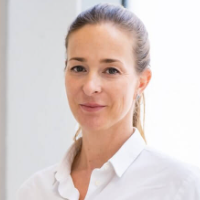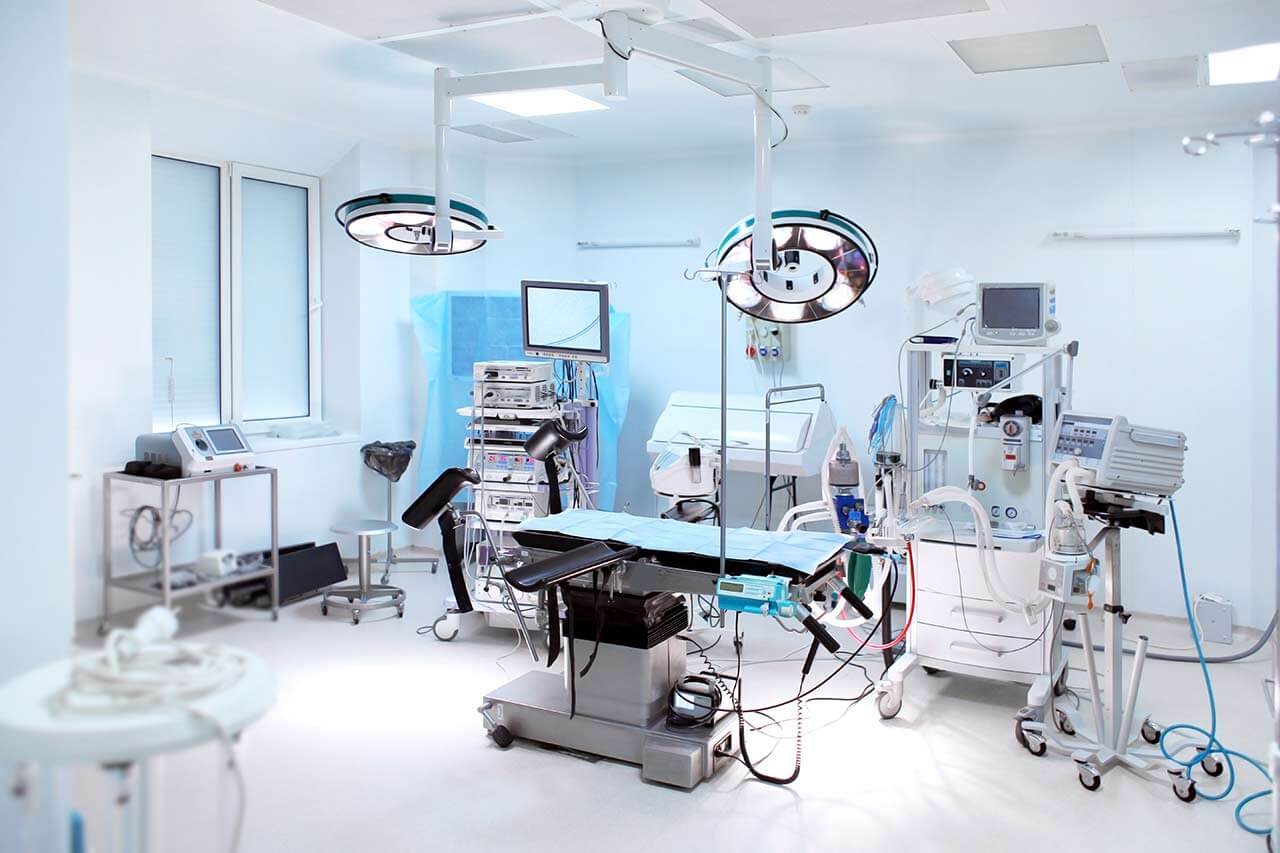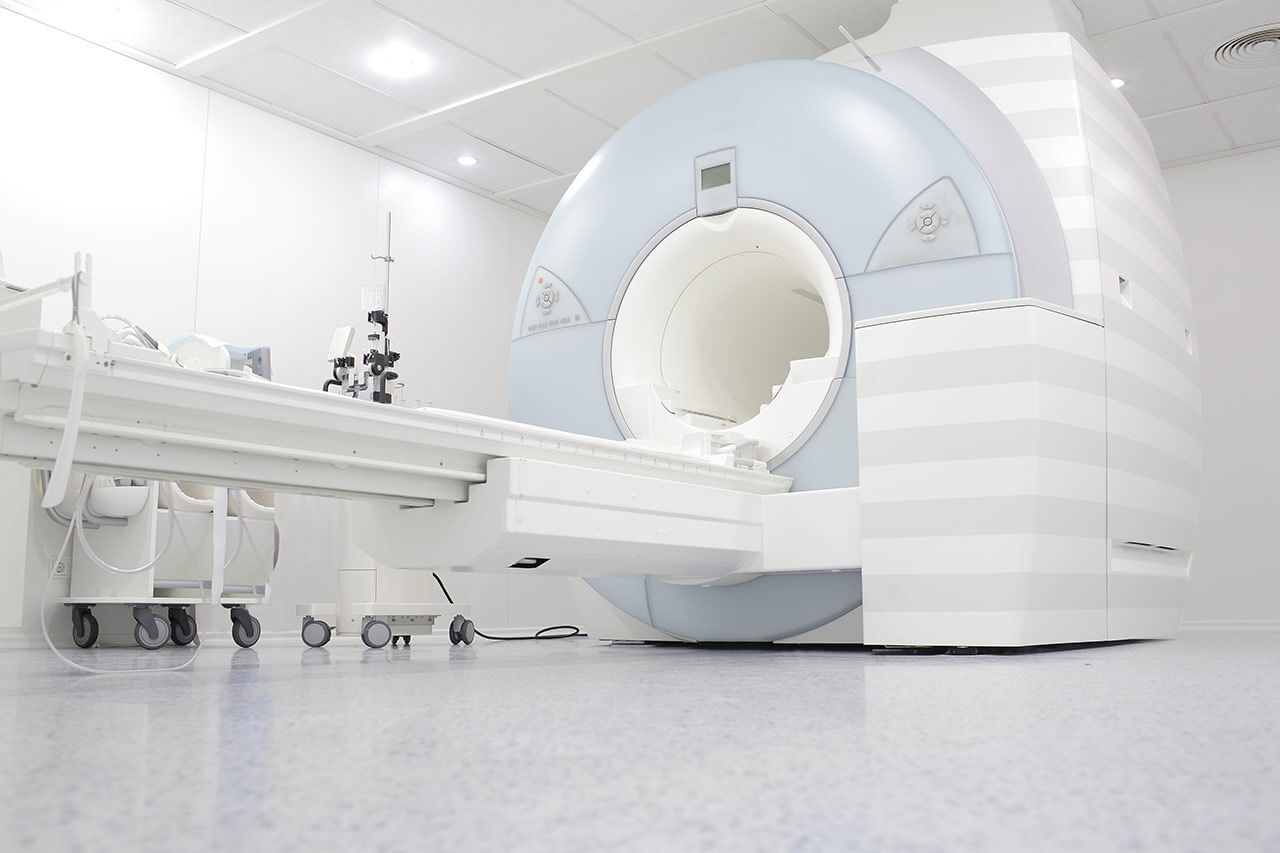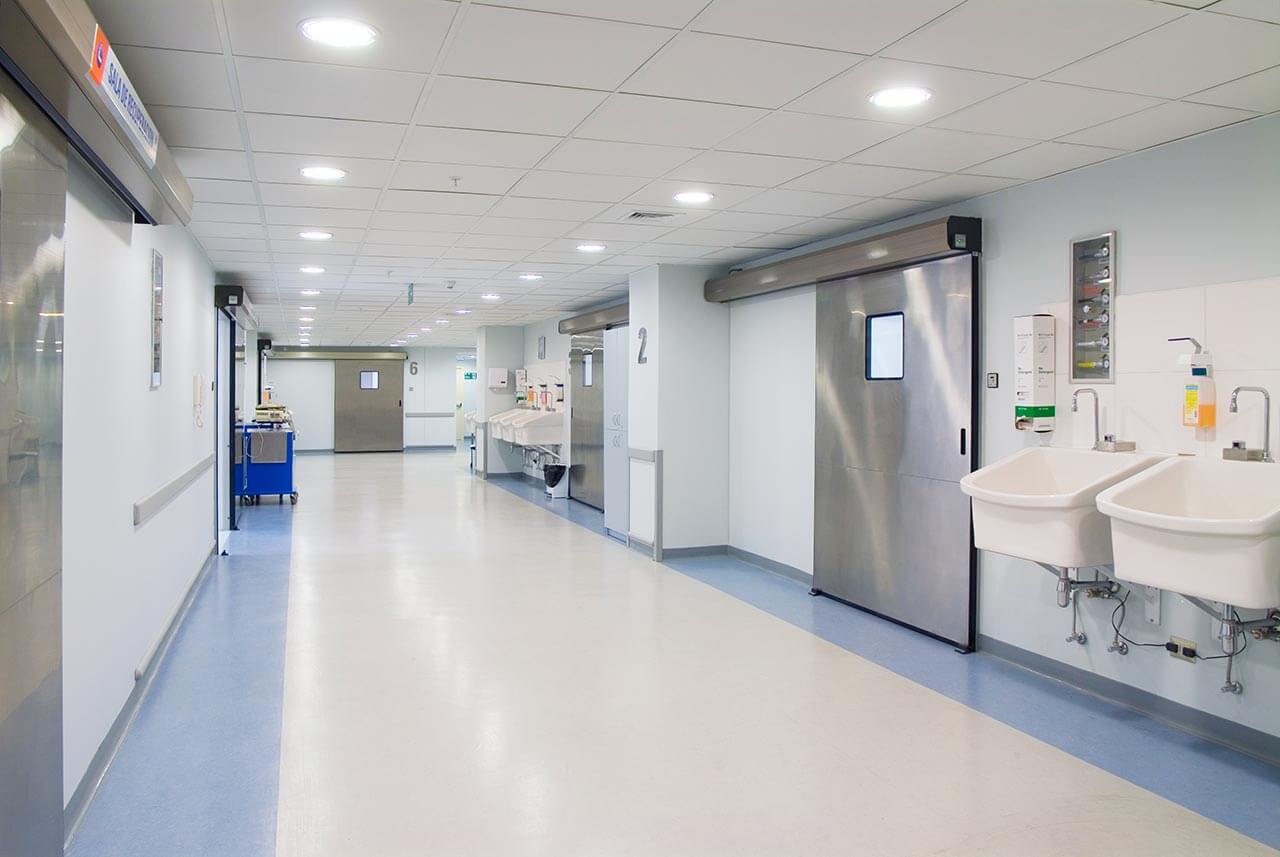
The program includes:
For 2 weeks before birth:
- Initial presentation in the clinic
- clinical history taking
- physical examination
- review of medical records
- laboratory tests:
- complete blood count
- biochemical analysis of blood
- indicators of inflammation (CRP, ESR)
- indicators blood coagulation
- pelvic ultrasound
- gynecological examination:
- transvaginal ultrasound
- colposcopy
- scraping with subsequent analysis
- fetal examination:
- 4 D sonography
- determine fetal position before delivery
- CTG
- nursing services
- observation by chief physician and all leading experts
- maintaining an obstetrician until birth
Day of birth
- gynecological examination
- fetal examination
- childbirth natural
- symptomatic treatment
- control examinations
- the cost of essential medicines and materials
- nursing services
- full hospital accommodation
- explanation of future recommendations
After birth
- maintaining an obstetrician after birth
- examination during the postnatal period (during the first three weeks)
- control gynecological examinations during the postnatal period
- the first pediatric examination of the newborn
Required documents
- Medical records, obstetric history
Service
You may also book:
 BookingHealth Price from:
BookingHealth Price from:
About the department
The Department of Obstetrics at the University Hospital Halle (Saale) offers a full range of medical services in its area of specialization. The medical facility provides comprehensive prenatal diagnostics, pregnancy management, childbirth, and postnatal care in accordance with the highest standards of modern medicine. The department has the status of a Level I Perinatal Center, which indicates the exceptional competence of the healthcare facility. The department has a team of qualified obstetricians and nurses who are committed to providing quality medical services and care to expectant mothers. It has comfortable delivery rooms with the possibility of water birth; natural childbirth is preferred whenever possible, but cesarean section is performed when clinically indicated. The specialists in the department have extensive experience in managing high-risk pregnancies and multiple pregnancies. The medical facility has a pleasant atmosphere and the most comfortable conditions for safe childbirth. The Head Physician of the department is Prof. Dr. med. Stephanie Wallwiener.
Prenatal diagnostics is an integral part of the daily work of the department's physicians. Specialists perform ultrasound screening of the 1st, 2nd, and 3rd trimesters of pregnancy, special ultrasound examinations according to the requirements of DEGUM II (German Society for Ultrasound in Medicine), non-invasive prenatal testing (NIPT), fetal echocardiography, fetal Doppler ultrasound, fetal magnetic resonance imaging, and preeclampsia screening. Preeclampsia is a serious complication that usually develops after the 20th week of pregnancy in the form of a sharp increase in blood pressure combined with proteinuria (the presence of protein in the urine). The department also performs invasive prenatal examinations such as chorionic villus sampling, amniocentesis, and cordocentesis for suspected chromosomal abnormalities, genetic diseases, and intrauterine infections. All diagnostic procedures are performed in compliance with current clinical protocols, with strict adherence to sterility and safety standards.
The department's specialists are uniquely qualified to manage high-risk pregnancies. These are pregnancies in which the health of the mother, the fetus, or both is at increased risk of complications. In such cases, more careful monitoring and specialized care are required. Medical care is provided on both an inpatient and outpatient basis. Women with high-risk pregnancies receive comprehensive medical care in the department, as the obstetricians work hand in hand with doctors from other departments at the University Hospital Halle (Saale). For example, women with diabetes mellitus are consulted by endocrinologists, and expectant mothers with autoimmune diseases such as systemic lupus erythematosus and multiple sclerosis are monitored by a rheumatologist and a neurologist.
Childbirth takes place in comfortable birthing rooms equipped with everything necessary for a safe delivery. The rooms are decorated in bright colors and pleasant relaxing music is played. The priority of the department is natural childbirth, but if there is a risk to the health of the mother and/or the child, a decision is made to perform a cesarean section. In most cases, the department performs the Misgav Ladach cesarean section, a minimally traumatic technique. For pain relief during childbirth, the department's obstetricians offer homeopathy, acupuncture, massage, and warm relaxation baths.
The medical services offered in the department are as follows:
- Prenatal diagnostics
- Non-invasive examinations
- Ultrasound screening of the 1st, 2nd, and 3rd trimesters of pregnancy
- Special ultrasound examinations in accordance with the requirements of DEGUM II
- Fetal echocardiography
- Fetal Doppler
- Preeclampsia screening
- Fetal magnetic resonance imaging
- Invasive examinations
- Chorionic villus sampling
- Amniocentesis
- Cordocentesis
- Non-invasive examinations
- Pregnancy management
- Medical care for premature birth in case of uncomplicated pregnancy
- Medical care for premature birth in case of high-risk pregnancy
- Medical care for pregnancy with breech presentation
- Assisted childbirth techniques in the second stage of natural labor (for example, vacuum extraction)
- Misgav Ladach cesarean section (sparing technique) and classical cesarean section
- Postnatal care for mother and newborn baby
- Other medical services
Curriculum vitae
In November 2023, Prof. Dr. med. Stephanie Wallwiener took up the position of Head Physician of the Department of Obstetrics at the University Hospital Halle (Saale). Prior to this, the specialist worked for 16 years in the Department of Gynecology and Obstetrics at the University Hospital Heidelberg, most recently as Head of the Section for Obstetrics. Prof. Wallwiener graduated from the Faculty of Medicine of the University of Cologne (2001 - 2007). Dr. Stephanie Wallwiener is a certified specialist in obstetrics and prenatal diagnostics and holds the DEGUM II certificate in special obstetrics and perinatal medicine. She also specializes in the treatment of depressive disorders and mental illness during pregnancy.
Photo of the doctor: (c) Universitätsklinikum Halle (Saale)
About hospital
According to the prestigious Focus magazine, the University Hospital Halle (Saale) is one of the best medical institutions in Germany!
The history of the hospital goes back more than 300 years, and during this time it has managed to gain an excellent reputation not only in Germany, but also throughout the world. The hospital positions itself as a specialized healthcare facility for the treatment of severe and rare diseases and injuries. The hospital provides medical care to patients of all ages in compliance with the latest scientific achievements. The hospital is distinguished by successful research activities, especially in the field of cardiovascular diseases and oncopathologies – the specialists in these areas have made significant contributions to the development of the very latest diagnostic methods and therapeutic approaches.
The University Hospital Halle (Saale) has 30 specialized departments representing almost all areas of modern medicine, as well as 17 narrowly focused institutes. About 35,000 patients receive qualified medical care of European standards in the hospital every year, and more than 212,000 patients are served on an outpatient basis. This number of patients is evidence of the high efficiency of medical services and the excellent image of the hospital in the international medical arena; patients from all over the world regularly seek medical attention here.
Some of the hospital's structural units deserve special attention. For example, the Central Emergency Department (the largest in Saxony-Anhalt), modern dental clinics, the Perinatal Center, and the Transplant Center, which has a history of more than 40 years. The Transplant Center performs more than 40 kidney transplants annually, most of them from living donors.
Thanks to the use of the latest medical technologies and the availability of state-of-the-art equipment, many previously high-risk surgeries and procedures can now be performed in the hospital using sparing techniques. In this context, hybrid cardiac surgery and robotic surgery using the innovative da Vinci Si® system in urology are worthy of mention.
An integral part of the successful clinical practice of the University Hospital Halle (Saale) is the availability of experienced and competent medical staff. The total number of employees at the hospital is more than 4,450. Many physicians are known far beyond the borders of Germany: they regularly conduct important research that enables the development of modern medicine. In addition, the hospital specializes in training medical students, so qualified doctors and professors are willing to pass on their experience to the younger generation.
The hospital has many quality certificates such as DIN EN ISO 9001:2015 certificate, German Cancer Society (DKG) certificate, JACIE certificate, EndoCert certificate, ClarCert certificate, German Spine Society (DWG) certificate, German Trauma Society (DGU) certificate, CERT iQ certificate, LGA InterCetert certificate, and others.
Photo: (с) depositphotos
Accommodation in hospital
Patients rooms
The patients of the University Hospital Halle (Saale) stay in comfortable single, double, and triple rooms with a modern design. All patient rooms have an ensuite bathroom with a toilet and a shower. The standard patient room includes a comfortable automatically adjustable bed, a bedside table, a wardrobe, a table and chairs for receiving visitors, a TV, a radio, and a telephone. The patient rooms have access to Wi-Fi. For safety reasons, the use of laptops and cell phones is prohibited in some areas, including the intensive care units. The hospital also offers enhanced-comfort patient rooms.
Meals and Menus
The hospital offers delicious and well-balanced meals three times a day: breakfast, lunch, and dinner. Patients and their companions can choose from three daily menus, which always include dietary dishes. If necessary, an individual menu can be prepared for the patient. Children are offered a special menu with healthy and tasty dishes, rich in nutrients necessary for a growing body.
Further details
Standard rooms include:
![]() Toilet
Toilet
![]() Shower
Shower
![]() Wi-Fi
Wi-Fi
![]() TV
TV
Religion
Religious services are available upon request.
Accompanying person
Your accompanying person may stay with you in your patient room or at the hotel of your choice during the inpatient program.
Hotel
Your accompanying person may stay with you in your patient room or at the hotel of your choice during the inpatient program.




